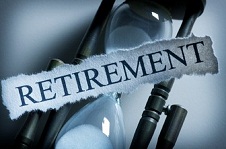
 What Does 401(k) Plan Mean?
What Does 401(k) Plan Mean?
Guess what. You don’t need profits in order to make contributions to a profit-sharing plan. Of course, having a profit would probably make it easier to actually contribute something.
Contributions to a profit-sharing plan are discretionary. There is no set amount that you need to make.
If you do make contributions, you will need to have a set formula for determining how the contributions are divided. This money goes into a separate account for each employee.
One common method for determining each participant’s allocation in a profit-sharing plan is the “comp-to comp” method. Under this method, the employer calculates the sum of all of its employees’ compensation (the total “comp”). To determine each employee’s allocation of the employer’s contribution, you divide the employee’s compensation (employee “comp”) by the total comp. You then multiply each employee’s fraction by the amount of the employer contribution. Using this method will get you each employee’s share of the employer contribution.

According to the Pension Benefit Guaranty Corporation, there are about 38,000 insured defined benefit plans today compared to a high of about 114,000 in 1985. They go on to state that this decline was due primarily to plans with 100 or fewer participants. One possible reason for this decline is the complexity and cost required by many of these plans.
Still, a defined benefit plan may be an option to consider when reviewing retirement plans. Why? Among the reasons are: